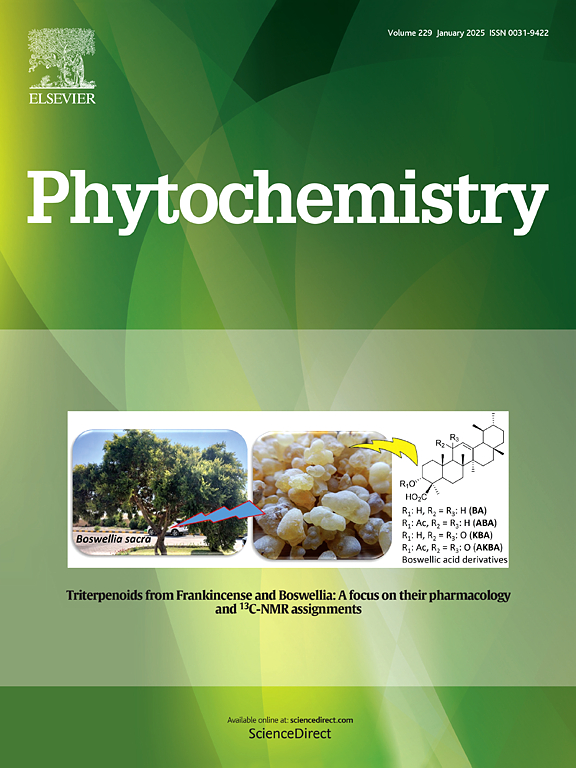Natural products against autoimmune hepatitis: Structures, pharmacologies and mechanisms
IF 3.4
2区 生物学
Q2 BIOCHEMISTRY & MOLECULAR BIOLOGY
引用次数: 0
Abstract
Autoimmune hepatitis (AIH) is a chronic disease characterized by lymphocyte infiltration in the liver. Ignoring and delaying treatment may lead to cirrhosis or end-stage liver failure. The incidence and prevalence of AIH are gradually increasing worldwide, affecting individuals of all ages, with females being particularly susceptible. Although a prompt response to treatment with corticosteroids and other immunomodulatory drugs is nearly universal and supports the diagnosis, their side effects cannot be avoided. Chinese herbs have been used for thousands of years to treat a wide range of diseases. Natural products (NPs) have become vital resources for bioactive agents in the discovery of anti-AIH drugs. Recently, more natural components have been utilized for treating liver disorders, emerging as a promising therapy for various hepatic conditions. The structures and properties of natural products for treating AIH, including phytochemistry, potential therapeutic mechanisms, and recent advances are summarized in this review. The development of novel anti-AIH agents will be significantly advanced by confirming the effective inhibition of AIH by NPs both in vitro and in vivo.

抗自身免疫性肝炎的天然产物:结构、药理学和机制
自身免疫性肝炎(AIH)是一种以肝脏淋巴细胞浸润为特征的慢性疾病。忽视和延迟治疗可能导致肝硬化或终末期肝衰竭。AIH的发病率和流行率在世界范围内逐渐增加,影响所有年龄段的个体,女性尤其易感。虽然皮质类固醇和其他免疫调节药物治疗的迅速反应几乎是普遍的,并支持诊断,但它们的副作用是无法避免的。几千年来,中草药一直被用来治疗各种疾病。天然产物(NPs)已成为抗艾滋病药物开发中重要的生物活性物质来源。近年来,越来越多的天然成分被用于治疗肝脏疾病,成为治疗各种肝脏疾病的一种有前景的疗法。本文综述了治疗AIH的天然产物的结构和性质,包括植物化学、潜在的治疗机制以及近年来的研究进展。在体外和体内证实NPs对AIH的有效抑制,将大大推进新型抗AIH药物的开发。
本文章由计算机程序翻译,如有差异,请以英文原文为准。
求助全文
约1分钟内获得全文
求助全文
来源期刊

Phytochemistry
生物-植物科学
CiteScore
6.40
自引率
7.90%
发文量
443
审稿时长
39 days
期刊介绍:
Phytochemistry is a leading international journal publishing studies of plant chemistry, biochemistry, molecular biology and genetics, structure and bioactivities of phytochemicals, including ''-omics'' and bioinformatics/computational biology approaches. Phytochemistry is a primary source for papers dealing with phytochemicals, especially reports concerning their biosynthesis, regulation, and biological properties both in planta and as bioactive principles. Articles are published online as soon as possible as Articles-in-Press and in 12 volumes per year. Occasional topic-focussed special issues are published composed of papers from invited authors.
 求助内容:
求助内容: 应助结果提醒方式:
应助结果提醒方式:


